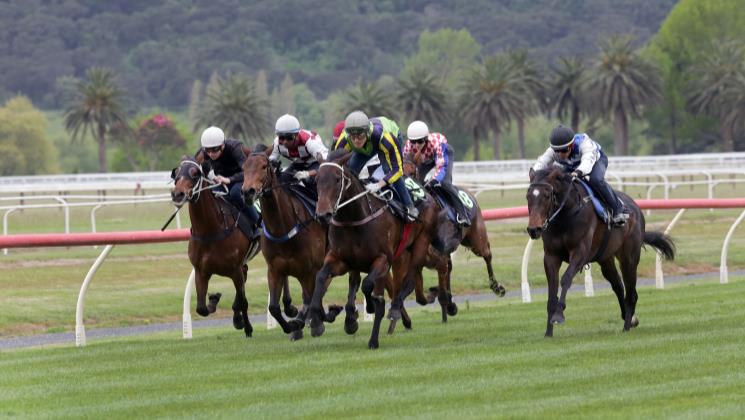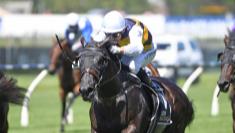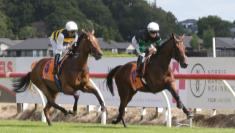
An Update from NZTR's Darin Balcombe – Tracks and Infrastructure
New Zealand Thoroughbred Racing is pleased to provide an update on the state of its tracks and infrastructure across the country. With several noteworthy milestones achieved in recent weeks, we eagerly anticipate an exceptional season of racing for the remainder of the Spring and Summer.
Te Aroha Racecourse
We recently completed the final phase of the 'Return to Racing' Policy for Te Aroha Racecourse, concluding in successful trials held on the surface on 12 October. This sets the stage for a return to racing on 1 November. Bart Cowan, our Regional Track Advisor, played a pivotal role in ensuring the track has reached the required safety standards. We're now focusing on implementing long-term plans to maintain and continue to enhance the track's quality. The first twelve months after reopening will feature a lighter racing schedule to facilitate essential maintenance, ensuring Te Aroha Racecourse remains a safe, competitive venue for our participants and fans.
Ellerslie Racecourse
Ellerslie Racecourse is progressing well, with plans for a return to racing on 14 January. An assessment in mid-October, led by Strathayr's agronomist and Chris Hay from Elwick racecourse in Tasmania, confirmed the track's readiness for horses to gallop as planned in mid-to-late November. ATR have a comprehensive plan in place for a smooth return to racing, including gallops by four horses on 13 November, followed by further track gallops for 12 to 15 horses covering all areas of the track, jumpouts for 80 horses about 4 December, and trials for horses around 19 December. The final decision to resume racing at Ellerslie will depend on the successful completion of these steps.
Awapuni Project
We are two weeks into the Awapuni project, aimed at completing the work and seeding the ground by April 2024. The project involves installing lateral drains and sand slitting for the entire track. Additionally, sand will be incorporated into the track profile to enhance soil drainage capacity. A vital component of this project is the development of a comprehensive maintenance schedule, covering tasks from construction to racing and ongoing maintenance. Our objective is to continuously improve the track's quality over its lifetime, learning from past projects where insufficient maintenance led to issues with new track profiles.
Rotorua Track Abandonment
It's disappointing to address another track-related abandonment this time at Rotorua. Participants bear the financial burden of transporting horses without the opportunity to race, and there are concerns for Jockeys’ and horses' safety. Despite significant efforts by the Club to improve the track area affected by a thermal area, issues arose on raceday due to tightness and a hard crossing, causing a horse to lose its footing during Race 4. Remedial work has been completed on both the thermal area and the crossing, and the track was cleared for racing on 26 October after eight horses safely galloped over it.
Track Renovations and Audits
This season, we've continued to look for significant improvement in our track management by introducing track renovation periods for all our tracks. This measure ensures that necessary work is carried out at the right times of the year. We've recently completed comprehensive audits of all our track surfaces, with the feedback from these audits currently being shared with the Clubs. For a long time, our tracks have seen inadequate investment, which has resulted in numerous track-related abandonments. This situation is far from satisfactory and places a significant strain on the industry. The ongoing track renovations and audits are crucial in driving improvements and, ultimately, reducing the number of track-related issues we've been facing.
Shortage of Experienced Track Managers
We're actively addressing the shortage of experienced Track Managers throughout the country. NZTR has introduced a contestable HR Fund under the Club Funding model, covering 50% of wages for individuals training as Track Managers for two years. Two prospective Track Managers have already started, and we aim for further progress in this area. We've initiated Regional Field Days and workshops for Track Managers to share knowledge and ideas, and machinery availability has been increased to support tracks. Safe and consistent tracks are essential for our industry's success, and NZTR is committed to making necessary changes to drive improvement.









